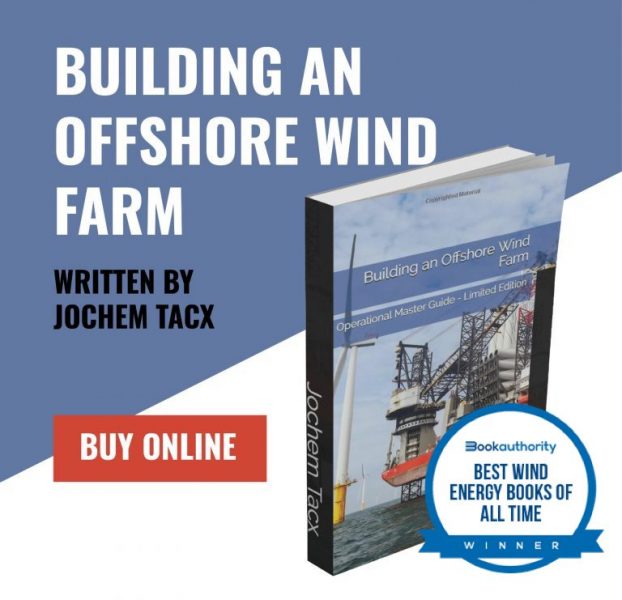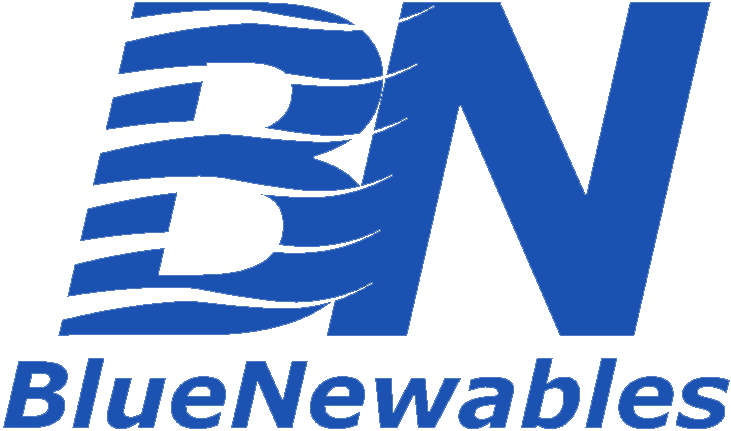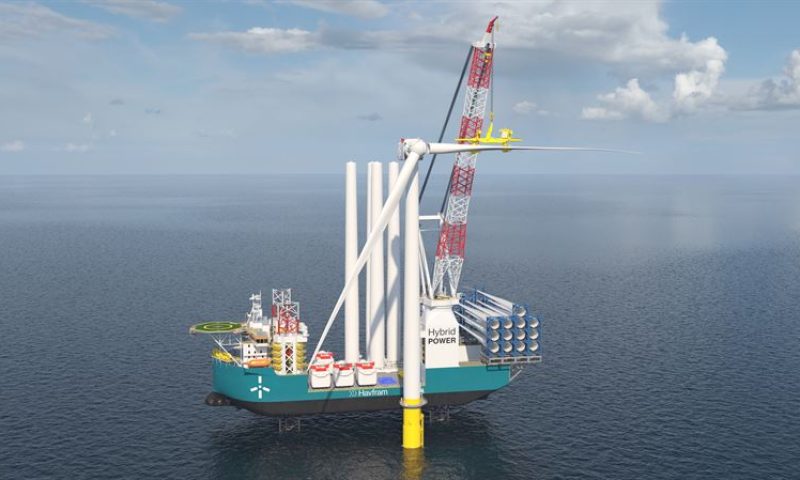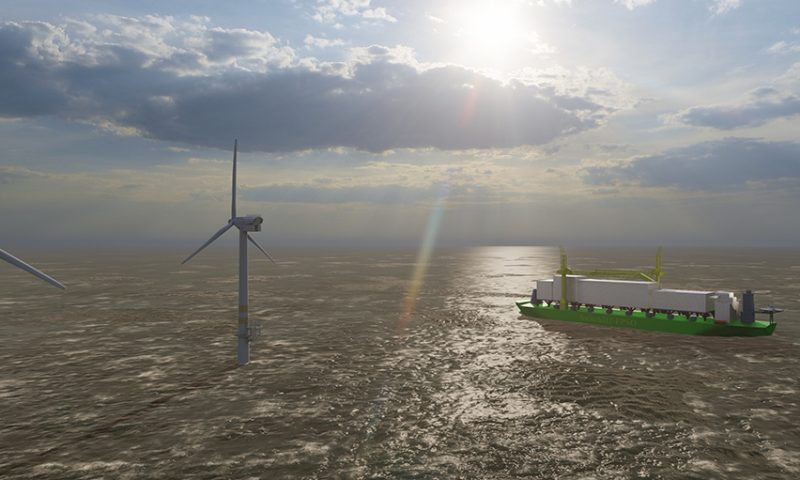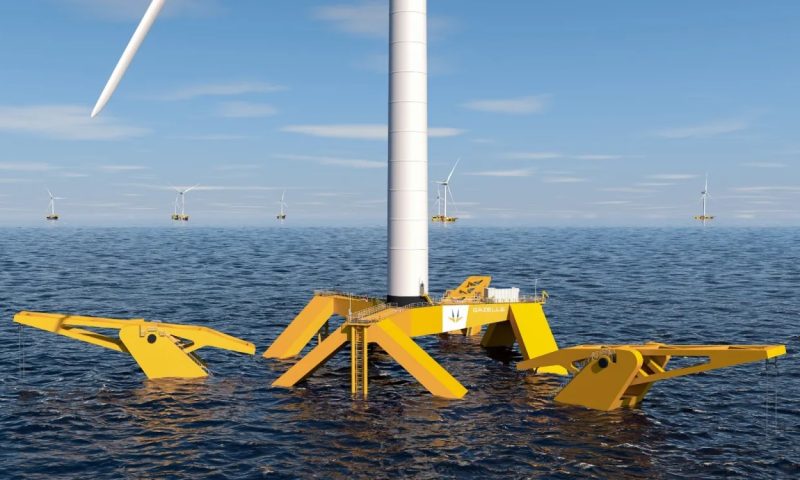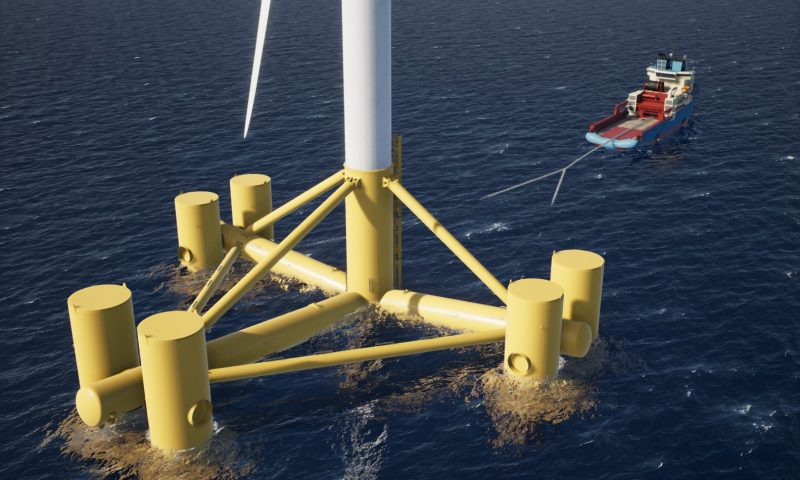
Maersk Supply Service and Stiesdal Offshore to enter floating wind partnership
Building on the companies’ individual positions in the floating wind industry, Maersk Supply Service and Stiesdal Offshore have entered into a strategic partnership to offer combined solutions to this fast-growing sector within offshore wind.
With significant expansion predicted for floating wind, this emergent technology has the potential to play a pivotal role in the urgent transition to renewable energy. To support and accelerate its development, the two Danish companies intend to combine their respective strengths to create comprehensive and integrated engineering, procurement, construction and installation (EPCI) solutions for foundations and moorings. This integrated approach will streamline the value chain, facilitating fast-track installations and ultimately bringing down the levelised costs of floating wind.
Stiesdal Offshore and Maersk Supply Service are both well established in the floating wind industry. Since 2017, Stiesdal Offshore has been developing the innovative Tetra concept, the world’s first fully industrialised floating technology. Based on factory-made modules assembled in port to form a complete foundation, the Tetra concept reduces manufacturing hours significantly, achieving a lightweight and cost-effective floating foundation. In cooperation with Shell, RWE and TEPCO Renewable Power, Stiesdal built and installed the first Tetra floater off the west coast of Norway in 2021, demonstrating the cost-saving and rationalisation potential of the concept. As the need for clean energy continues to grow, Stiesdal is well equipped to supply the technologies for mass-produced, low-cost floating offshore wind power.
From the EPCI side, Maersk Supply Service delivers integrated solutions for the offshore energy sector worldwide. Its core capabilities are rooted in over 50 years’ experience of safely and efficiently delivering towing and mooring scopes in some of the world’s harshest waters. The move into floating wind is therefore a natural progression for the company, combining its project management expertise, engineering and technical capabilities with a versatile fleet. Most recently, Maersk Supply Service oversaw and executed the mooring system installation for the Saitec DemoSath floating wind project offshore Bilbao.
The aim of this collaboration is to leverage the companies’ combined strengths and assets to accelerate the roll-out of floating wind. By establishing Maersk Supply Service and Stiesdal Offshore as a joint solutions provider, they can offer full-scope EPCI services to floating windpark developers looking to scale their projects from demonstrations to full commercial operation. This collaboration enables seamless interfacing between foundation design, fabrication and assembly execution, and offshore installation. Through pre-existing, fully worked out base solutions, the partnership will allow faster and more robust optimisation for specific project needs and will facilitate shorter overall project durations, reduced working capital cycles, smoother foundation fabrication to installation, and overall reduced risk and improved project delivery.
“With this partnership, we want to offer our customers a combined EPCI solution for floating wind foundation design, fabrication, assembly and installation. We believe this will simplify the value chain in the growing floating wind sector, which is still in the early stages, but which will also by necessity see rapid expansion and growth in the coming decade. By working closely together with Stiesdal, we want to facilitate this green development – and to accelerate our own journey into floating wind,” says CEO of Maersk Supply Service, Steen S. Karstensen.
“Maersk Supply Services is a global operator with decades of world-leading marine services to its name. Stiesdal has the technologies for developing competitive floating offshore wind on a truly global scale. I am confident that with the combined capabilities of the two companies we can fulfil a significant share of the ambitious targets being set for floating wind in the coming decade,” says Stiesdal CTO Henrik Stiesdal.
Project opportunities will be deemed within the scope of the collaboration when they comprise of integrated floating wind solutions, including the engineering and design element of offshore floating wind structures. Maersk Supply Service will act as lead contractor and key contact for clients on any projects carried out as part of the collaboration, with Stiesdal Offshore acting as a subcontractor to Maersk Supply Service.
Floating offshore wind offers a deep-water alternative to bottom-fixed wind turbines, which are located in shallower waters. Since areas with suitable seabed conditions for bottom-fixed wind are limited, floating wind technology is opening up access to vast new potential areas for offshore wind, particularly for countries with deep coastal waters. It also enables developers to target deep-sea areas with the most favourable wind conditions, where the wind tends to be stronger and more consistent.
The floating wind sector is expected to develop rapidly in the coming decade. While the industry is currently at the stage of exploring a number of demonstration projects, the first commercial floating wind farms are expected to be deployed from 2028 and onwards.





